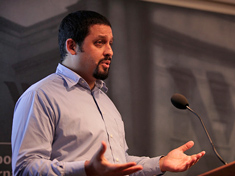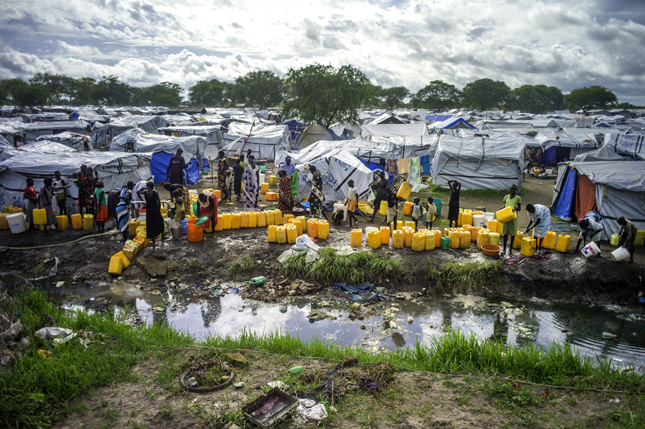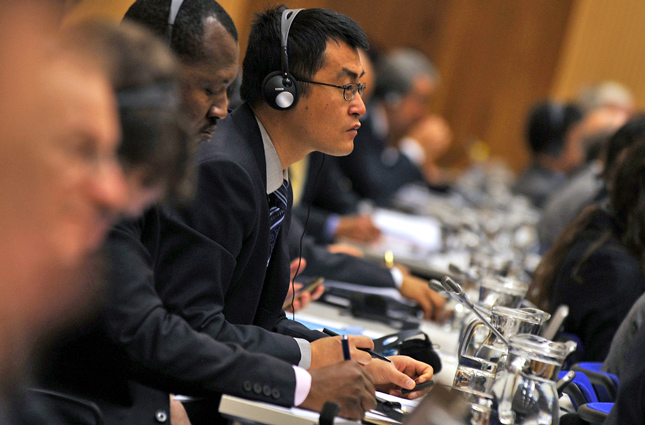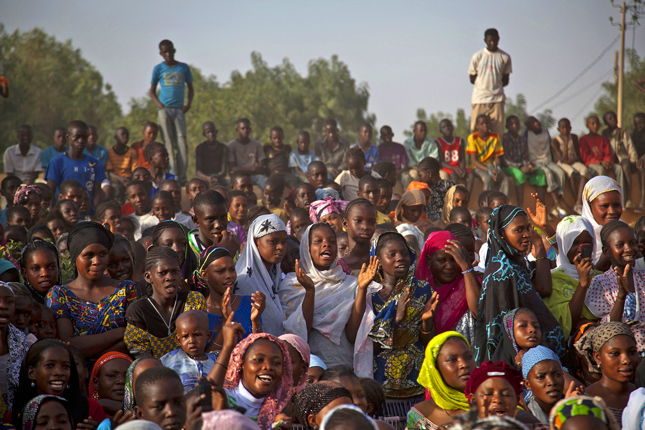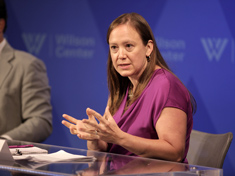-
Wael Hmaidan: Development Goals Unattainable Without Addressing Climate Change
›
When it comes to sustainable development, not all goals are created equal, says Wael Hmaidan, the director of Climate Action Network International, in this week’s podcast. Climate change “intersects everything we do,” he says, but is underrepresented in the Sustainable Development Goals (SDGs), a global development agenda being drafted to replace the Millennium Development Goals next year.
-
Hydro-Diplomacy Can Build Peace Over Shared Waters, But Needs More Support
›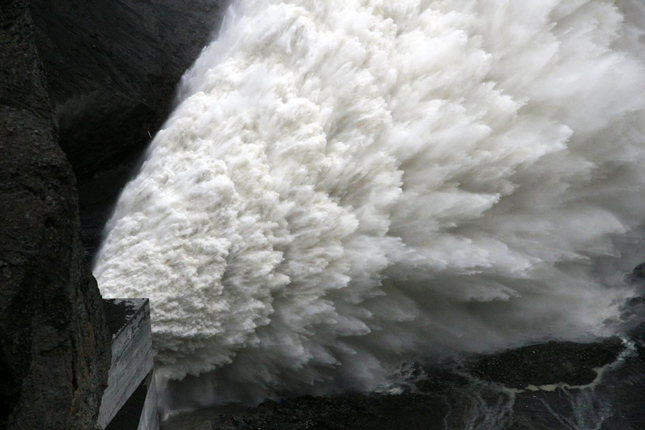
From Ukraine and the Middle East to sub-Saharan Africa and East Asia, the world is engulfed in a series of significant international crises. But despite such urgent issues, it would be a grave mistake to forget about the structural foreign policy challenges – such as access to water – that could become the crises of the future.
-
Opportunity Costs: Evidence Suggests Variability, Not Scarcity, Primary Driver of Water Conflict
›
Nearly 1 billion people lack reliable access to clean drinking water today. A report by the Water Resources Group projects that by 2030 annual global freshwater needs will reach 6.9 trillion cubic meters – 64 percent more than the existing accessible, reliable, and sustainable supply. This forecast, while alarming, likely understates the magnitude of tomorrow’s water challenge, as it does not account for the impacts of climate change.
-
Silver Buckshot: Alternative Pathways Towards Greenhouse Gas Mitigation
›
In 1986, global nuclear weapons stockpiles peaked at nearly 70,000 warheads. By the beginning of 2013, there were just over 17,000, with only 4,400 kept operational. This dramatic reduction was the fruit of a negotiation process that began in the late 1940s. In spite of incredible tensions between the United States and the Soviet Union, negotiators were able to make progress once they focused on building trust with small, pragmatic steps, rather than starting with the complete elimination of all weapons. [Video Below]
-
The Missing Link in Understanding Global Trends? Demography
›
Since the end of World War II, a number of the world’s most dramatic political events have resulted from demographic shifts and governments’ reaction to them. Despite this, political demography remains a neglected topic of scholarly investigation.
-
Africa’s Trifecta: Food Security, Resilience, and Demographics at the U.S.-Africa Leaders Summit
›August 5, 2014 // By Roger-Mark De Souza
“You can’t build a peaceful world on an empty stomach,” Secretary of State John Kerry said yesterday at a high-level working session on resilience and food security, quoting Norman Borlaug, the father of last century’s “Green Revolution.”
-
Three Things to Watch at the First-Ever U.S.-Africa Leaders Summit
›As presidents, prime ministers, and other policymakers from across the continent gather in Washington, DC, this week for the first-ever U.S.-Africa Leaders Summit, what are the issues to watch?
-
Suzanne Ehlers: Global Development Agenda Needs Re-Framing to Focus on Rights of Young People
›
Successfully incorporating the rights of young people and women into whatever development agenda succeeds the Millennium Development Goals next year hinges not only on the scope of new goals, but how those goals are worded, says Suzanne Ehlers in this week’s podcast.
Showing posts from category foreign policy.


